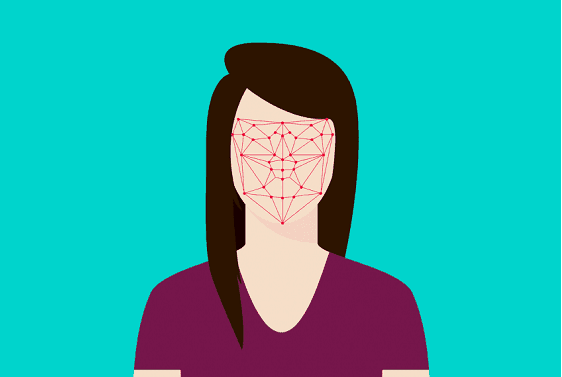Facial recognition technology has already been implemented in US airports in an effort to improve security and efficiency but there are concerns that the American government will use it to create a “digital ID library of millions of Americans without consent”, according to news website Business Insider.
The New York-based website argued that the accuracy rate of facial recognition could be “almost perfect” if it is fed good enough data but that without clear protections it could theoretically be used as a tool to violate human rights.
While facial recognition can be used to automate some tasks, such as checking-in at the airport or finding missing persons, making them more convenient and efficient, there needs to be regulation and specific protections in place to ensure that it is used ethically.
The US Custom and Border Protection (CBT) agency, which provides security at airports, claims that it deletes photographs taken for facial recognition purposes after 12 hours, and that US citizens can opt-out of checking-in using the technology by going through the procedure manually in the old fashioned way. However, Business Insider notes that many passengers may not know that the opt-out exists.
Airports are not the only institutions implementing this technology. The US Immigration and Customs Enforcement (ICE) agency are using it for security reasons, and China is using it on a larger scale for mass surveillance and to give citizens “social scores” to supposedly improve society.
A citizen’s score is based on their economic and social reputation, and can be affected by a number of factors, such as jaywalking, bad driving, or posting fake news online as well as a whole host of more innocuous actions.
Facial recognition can used to track a targeted individual’s behavior as they go about their daily business, especially in cities with a large number of CCTV cameras, and their face is linked to government records and social networks.
Business Insider reported that citizens have “reported concerns about their privacy and the lack of checks and balances on this system”, which can result in rewards for behavior that is deemed to be good or punishments for behavior deemed to be bad.
The publication called for “more terms and services and guidelines and regulations that will help protect the rights, security, safety, and privacy of the people who are affected by the technology” before its used becomes more widespread.
How does facial recognition work and how good is it really?
Facial recognition exited the realm of science-fiction and entered our daily lives some time ago. It may sound like something out of Star Trek but it’s not a new thing and the technology behind it is actually pretty simple.
It’s the same thing that Facebook uses to identify people in photographs and that allows you to unlock your screen by merely showing it your face. It measures and records your facial features, using a deep learning-based method, and is allegedly more likely to recognize you than another real life human being will be.
However, the technology is only as good as the databases it can access, which means that it is more likely to recognize individuals belonging to groups that are regularly featured in databases. Since the US typically does not have databases for African people, Business Insider noted, facial recognition often appears racist and is frequently accused to containing pre-programmed biases.
The good news is that the technology isn’t subject to the same issues with facial recognition as our own brains; humans are more likely to accurately identify people of the same race, a problem which computers – which obviously do not have a race – do not share.


Leave a Reply